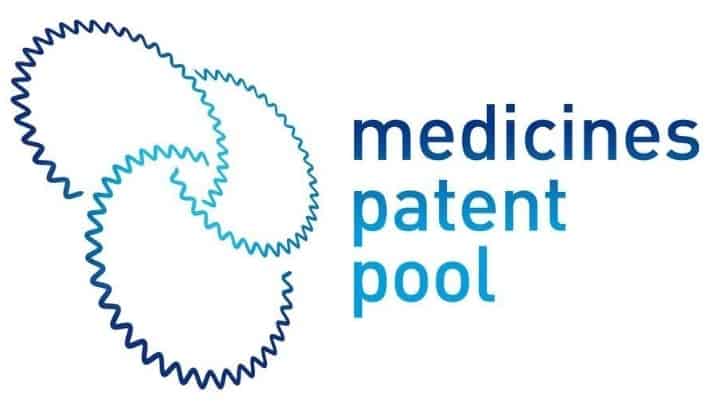
BMS and Medicines Patent Pool collaborate to increase Hep C medicine access
pharmafile | November 25, 2015 | News story | Manufacturing and Production, Research and Development | Bristol-Myers Squibb, Medicines Patent Pool, daclatasvir, daklinza, hepatitis C
The Medicines Patent Pool (MPP) has announced its first licence for a hepatitis C medicine, signing an agreement with Bristol-Myers Squibb for its antiviral drug Daklinza (daclatasvir).
The royalty-free licence will enable manufacture of generic daclatasvir for sale in 112 low- and middle-income countries (LMICs), 76 of which are World Bank classified middle-income nations. Nearly two-thirds of all patients living with hepatitis C in the LMICs reside in the territory covered by this agreement.
Founded by UNITAID in 2010, the MPP is backed by the United Nations and aims to increase drug access by partnering with the pharma industry, civil society, international organisations, patient groups and other stakeholders to encourage generic manufacture of treatments and the development of new formulations.
Earlier this year the World Health Organization added several new hepatitis C treatments, including daclatasvir, to its Essential Medicines List, underscoring the urgent need to promote equitable access to innovative medicines.
“This agreement could change the lives of millions of people with hepatitis C,” says Dr Margaret Chan, WHO Director-General. “It’s a vital step towards ensuring essential treatments are available to all who need them, both rich and poor.”
Greg Perry, executive director of the MPP, adds: “The licence comes shortly after the MPP announced its mandate expansion into the area of hepatitis C, and on the heels of a six-month dialogue with patient groups, civil society and other stakeholders on best approaches to improving access to new curative HCV solutions. Thus, we believe the licence takes into consideration the concerns of patient advocates who have been campaigning for some time for new life-saving innovations such as daclatasvir to reach more people quickly.”
MPP and Bristol-Myers Squibb have previously worked together, having negotiated an agreement in December 2013 for the BMS’s HIV medication atazanavir. The new daclatasvir agreement allows for manufacturers to be based anywhere in the world; generic daclatasvir can be made in any country as long as it is for sale in the 112 countries covered by the agreement.
Importantly, the licence allows generic manufacturers to develop fixed-dose combinations with other direct-acting antivirals to create powerful pan-genotypic regimens that offer the potential to treat all of the six major genotypes of HCV.
Pan-genotypic regimens are crucial in resource-limited countries where access to genotype testing is limited. Bristol-Myers Squibb will provide a technology transfer package and information needed for the manufacture and registration of the product.
Joel Levy
Related Content

NICE approves first treatment for obstructive HCM for NHS use
The National Institute for Health and Care Excellence (NICE) has announced that it has approved …

Bristol Myers Squibb psoriasis drug shows positive Phase III results
Bristol Myers Squibb’s investigational deucravacitinib drug, for the treatment of moderate-to-severe plaque psoriasis, has shown …

Molecular Templates signs cancer deal with BMS worth up to $1.3bn
Molecular Templates and Bristol Myers Squibb have entered into a worldwide strategic research collaboration worth …






